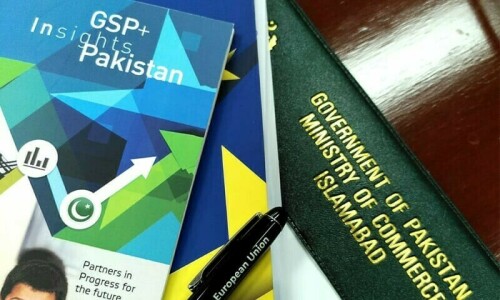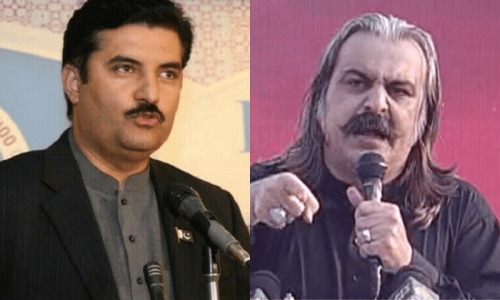Chemical weapons watchdog OPCW wins Nobel Peace Prize

OSLO: The Organisation for the Prohibition of Chemical Weapons (OPCW), which is overseeing the destruction of Syria's chemicals weapon arsenal, won the 2013 Nobel Peace Prize on Friday.
Set up in 1997 to eliminate all chemical weapons worldwide, its mission gained critical importance this year after a sarin gas strike in the suburbs of Damascus killed more than 1,400 people in August.
Washington blamed Syrian President Bashar al-Assad for the attack, a charge he denied, instead blaming rebels.
Facing the threat of a US military strike, eventually he agreed to destroy Syria's sizeable chemical weapons programme and allow in OPCW inspectors.
The $1.25 million prize was announced at 0900 GMT and was presented in Oslo on Dec. 10, the anniversary of the death of Swedish industrialist Alfred Nobel, who founded the awards in his 1895 will.
The OPCW, based in the Hague in the Netherlands, has about 500 staff and an annual budget of under $100 million.
Norwegian public broadcaster NRK which has a strong track record reporting winners had predicted the result prior to the official announcement.
Last year NRK had announced that the EU would win an hour before the official statement.
The OPCW, which has 189 member states, said Syria was cooperating and it could eliminate its chemical weapons by mid-2014, provided they received support from all sides in its civil war.
Chemical weapons experts believe Syria has roughly 1,000 tonnes of sarin, mustard and VX nerve gas, some of it stored as bulk raw chemicals and some of it already loaded onto missiles, warheads or rockets.
Under a Russian-US deal struck last month, Syria must render useless all production facilities and weapons-filling equipment by November, a process begun over the past several weeks.










































